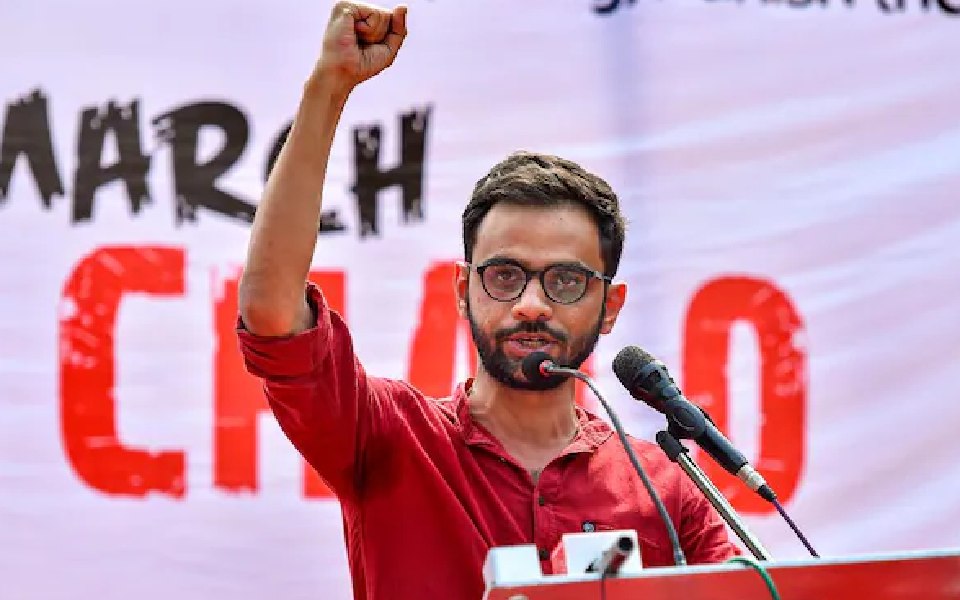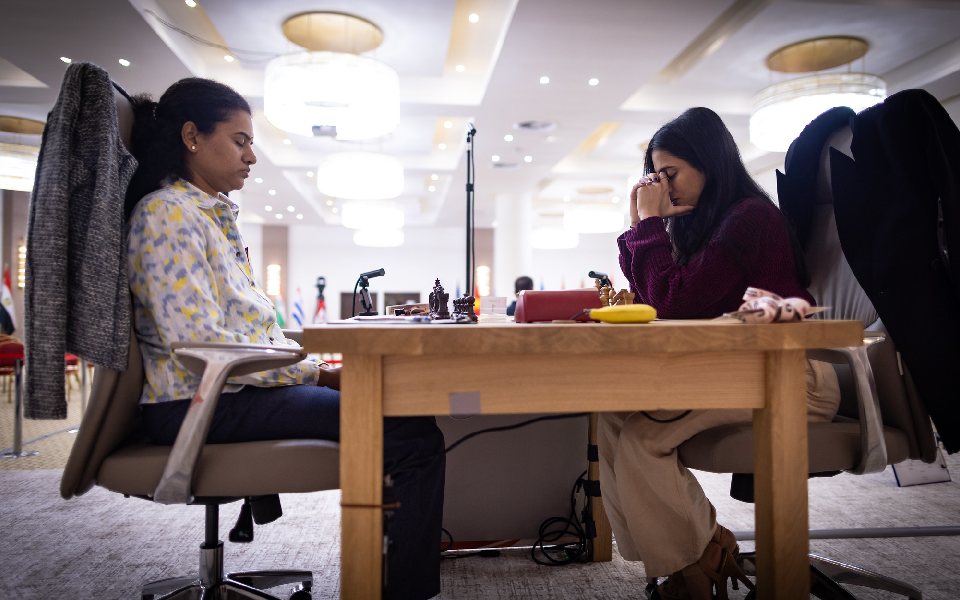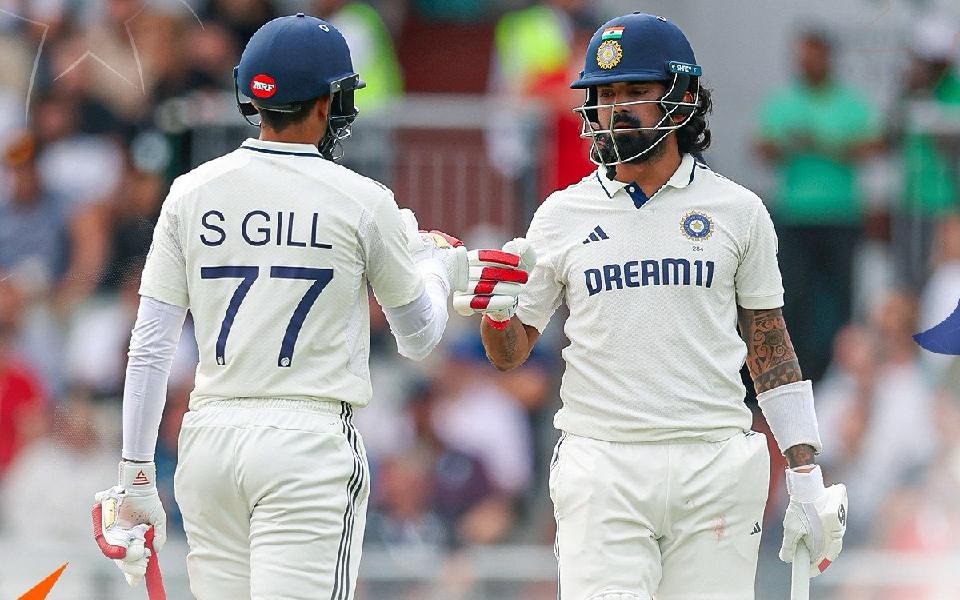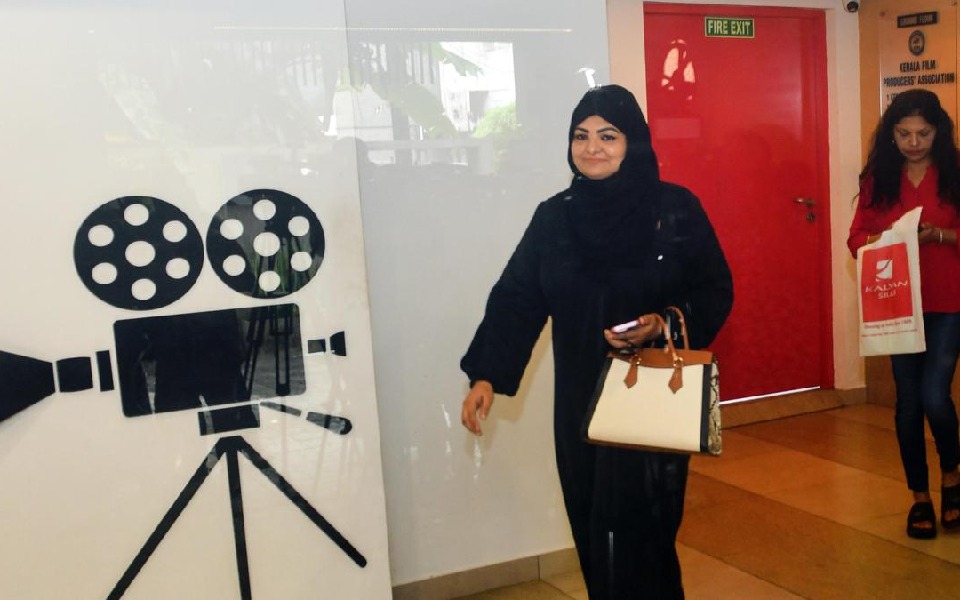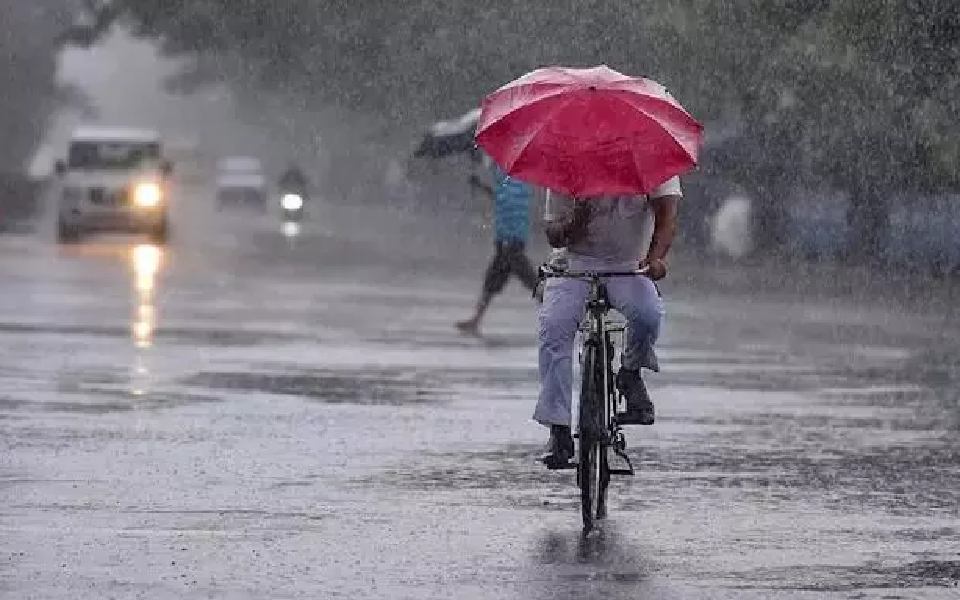New Delhi, Sep 14: Former JNU student and activist Umar Khalid has completed four years in jail after being arrested in connection with the 2020 northeast Delhi communal riots.
Communal clashes had broken out in northeast Delhi on February 24, 2020, after violence between supporters of the Citizenship (Amendment) Act and those against the legislation spiralled out of control, leaving at least 53 people dead and around 200 injured.
Khalid was in December 2022 acquitted in a case related to alleged rioting, vandalism and arson at a parking lot in February 2020 but remains incarcerated in the second case under the anti-terror law Unlawful Activities (Prevention) Act (UAPA) and provisions of the Indian Penal Code for allegedly being a mastermind of the riots.
The 36-year-old researcher and scholar was arrested on September 13, 2020. While charge-sheets were filed in 2020 and 2022, the framing of charges has been delayed in this case and his attempts to seek bail have been turned down by courts.
He has also filed a separate plea in the Supreme Court challenging the constitutional validity of various provisions of the Unlawful Activities (Prevention) Act and it is also pending.
The Act was amended in 2019 to give powers to the central government to designate an individual as a 'terrorist'.
The FIR in the second case against Khaled was registered on March 6, 2020, and the UAPA provision was invoked on April 19, 2020. The main charge sheet was filed on September 16 of the same year, following which the first supplementary chargesheet was filed the next month on October 22.
The second supplementary chargesheet was filed on February 23, 2022, while the third and fourth supplementary charge sheets were filed on March 2 and June 7, 2022.
On September 4, a special court, while disposing of the applications of some accused seeking directions to Delhi Police for disclosing whether the investigation in the case was complete, allowed the prosecution to commence its arguments on framing of charges against the accused.
The Delhi High Court, however, on September 12 asked the trial court not to pass a final order on framing of charges till September 23.
The high court’s order came while hearing a plea by riots accused Devangana Kalita seeking direction to the police to provide her with certain videos and WhatsApp chats in two cases, including one under the anti-terror law UAPA.
Earlier on December 5, 2022, a court had discharged Khalid and United Against Hate founder Khalid Saifi in the first case related to riots, saying the allegations against them pertained to an “umbrella conspiracy” or the larger conspiracy of riots, instead of the conspiracy in the present case.
Explaining the concept of umbrella conspiracy, the court said it was the larger conspiracy subsuming several small conspiracies hatched under it.
The FIR in the case was registered on the basis of the statement of Constable Sangram Singh who said a riotous mob had pelted stones on Main Karawal Nagar Road, besides setting ablaze several vehicles in a nearby parking lot on February 24, 2020.
Meanwhile, a special court dismissed Khalid's first bail on March 24, 2022, and the Delhi High Court rejected the appeal against it on October 18 of the same year, saying he was in constant touch with other co-accused and the allegations against him were prima facie true.
The high court had also said the actions of the accused prima facie qualified as a "terrorist act" under the UAPA.
It said that admittedly, the anti-CAA protests "metamorphosed into violent riots", which "prima facie seemed to be orchestrated at the conspiratorial meetings" and the statements of the witnesses indicated Khalid's "active involvement" in the protests.
Khalid then appealed in the Supreme Court against the Delhi High Court's order, which had rejected his bail application.
Khaild's bail application had been pending in the top court since April 6, 2023, and the proceedings were adjourned 13 times because of a variety of reasons.
On February 14, this year, the top court was told by senior advocate Kapil Sibal, appearing for Khalid, that he wished to withdraw the application due to a "change in circumstances".
Sibal said, "I wish to argue the legal question (challenging UAPA provisions) but want to withdraw the bail plea due to a change in circumstances. We will try our luck in the trial court."
On May 28, however, the special court dismissed Khalid's second regular bail plea, saying its previous order of March 2022 rejecting his first bail plea had attained finality.
It rejected the argument of Khalid's counsel that the Supreme Court's view about "prima facie evidence" against an accused had changed because of the grant of bail to activist Vernon Gonsalves in July 2023 and academic-activist Shoma Kanti Sen on April 5 this year in the Elgar Parishad-Maoist links case.
"As according to Vernon's case as relied upon by counsel for the applicant, while considering bail, no deep analysis of the facts of a case can be done and only surface analysis of the probative value of evidence has to be done...
"As such the high court has in fact did complete surface analysis of probative value of the evidence while considering the prayer of the applicant for grant of bail and after doing so it was concluded that prima-facie case is made out against the applicant," the court said.
On July 22 this year, a Delhi High Court judge recused himself from hearing Khaled's bail plea, without assigning any reason and it is pending.
The charge sheet against Khalid cites the testimonies of several protected witnesses.
According to protected witness Bond, the chakkajam began in the national capital after a meeting between Umar Khalid, Sharjeel Imam, Asif Iqbal Tanha and others on December 13, 2019, at Jamia Campus. The said chakka jam was then to spread to the other parts of Delhi.
"Umar told Sharjeel to start chakka jam at Shaheen Bagh and Asif and Saiful Islam to start chakka jam at Gate no. 7 of Jamia University.
"Umar Khalid said that at the right time, they will also start chakka jam in other Muslim areas of Delhi. Umar further said that the government is a Hindu government and against Muslims and they have to overthrow the government and will do so at the right time," the protected witness said.
According to the protected witness Saturn, Khalid and others met former AAP councillor Tahir Hussain at the PFI Office in the Shaheen Bagh area.
"On February 10, 2020, Umar Khalid met with Jahangir Puri folk at a protest called by the Welfare Party of India.
"Umar Khalid asked that since Bangladeshi live there, they must be made aware of the CAA and asked to fight against the said law," said the statements of witnesses Helium and Crypton.
According to the chargesheet, on February 17, 2020, Khalid delivered a speech at Amravati, Maharashtra referring to the visit of Donald Trump, the then President of the United States of America.
"Protected witness BEETA had given a statement on this count. He also stated that riots during Trump's visit to Delhi was done by the Jamia Coordination Committee with Pinjra Tod, AISA, Umar Khalid, United Against Hate (UAH), PFI and others. They used to give provocative speeches," it said.
Khalid along with other students of Jawaharlal Nehru University (JNU) was also arrested by the Delhi Police in February 2016 over the alleged raising of anti-national slogans at an event on the campus against the hanging of Parliament attack mastermind Afzal Guru. They were later granted bail.
Let the Truth be known. If you read VB and like VB, please be a VB Supporter and Help us deliver the Truth to one and all.
Batumi (Georgia), Jul 26 (PTI): Young Indian International Master Divya Deshmukh held her nerves to hold stalwart Koneru Humpy to a draw in game 1 of the FIDE Women's World Cup final, with both players having their share of opportunities to take the lead here on Saturday.
The draw with black means Humpy, the two-time World Rapid champion, holds a slight edge going in the second and final game under the classical chess rules in the two-game mini-match, and should the deadlock continue, games of shorter duration will be played to determine the winner.
Humpy employed the Queen's gambit accepted as black and it turned out to be a pretty fascinating game right out of the opening as Divya, 19, came up with a piece sacrifice early to deny the black king the right to castle.
Humpy was the first to err and, according to computers, Divya had things under control on the 14th move. However in her bid to recover the extra material, the Nagpur girl, who has secured a place in the Candidates tournament with her sterling performance here, missed a promising continuation.
What followed the exchange of all minor pieces and the ensuing queen and rook endgame gave enough counter play to both players. The game was eventually drawn after Humpy sacrificed her rook to force perpetual checks.
"The game saw an extremely sharp battle with the game ending in a draw in 41 moves. On move 7, Divya made her aggressive intentions clear by offering another pawn,
which looked like home preparation. Humpy made a practical decision of refraining from taking the pawn and a balanced position was reached by move 10 by white," said Grandmaster Pravin Thipsay, an Arjuna awardee and the first Indian to get a chess Grandmaster norm.
"However, instead of developing the undeveloped Knight, Humpy retreated the centralised Knight on move 10, giving huge positional advantage to Divya. Divya could have gained huge positional advantage on the 12th move by moving a rook. However, she chose to play for King side attack by sacrificing a piece instead.
"Humpy, too, erred at this stage and instead of moving the King to Queen side, moved it to the King side. Divya, on move 14, could have obtained a crushing attack by threatening a mate by developing her Queen. Instead she chose to exchange a pair of Bishops first, which enabled Humpy to defend her King by returning the piece," said Thipsay.
"Players thus reached a balanced Queen and two Rooks ending. Divya continued to play ambitiously and tried to attack Humpy’s King but the latter defended accurately and the game was drawn in 41 moves by perpetual check," he added.
In the play-off for the third place, Chinese players Zhongyi Tan, the former women's world champion and top seed Lei Tingjie also decided to split points out of a Queen’s gambit declined game.
The opening raised visions of a close contest between the two but having been knocked out of title race in the previous round, none of them wanted to take any huge risk. It was still a middle game when the players shook hands.
With the top two positions sealed for the Indians, the berth to the next Candidates is also assigned, while the player finishing third will also get an entry to the premier event scheduled for 2026.
Results: Divya Deshmukh (Ind) drew with Koneru Humpy (Ind); Zhongyi Tan (Chn) drew with Tingjie Lei (Chn).

